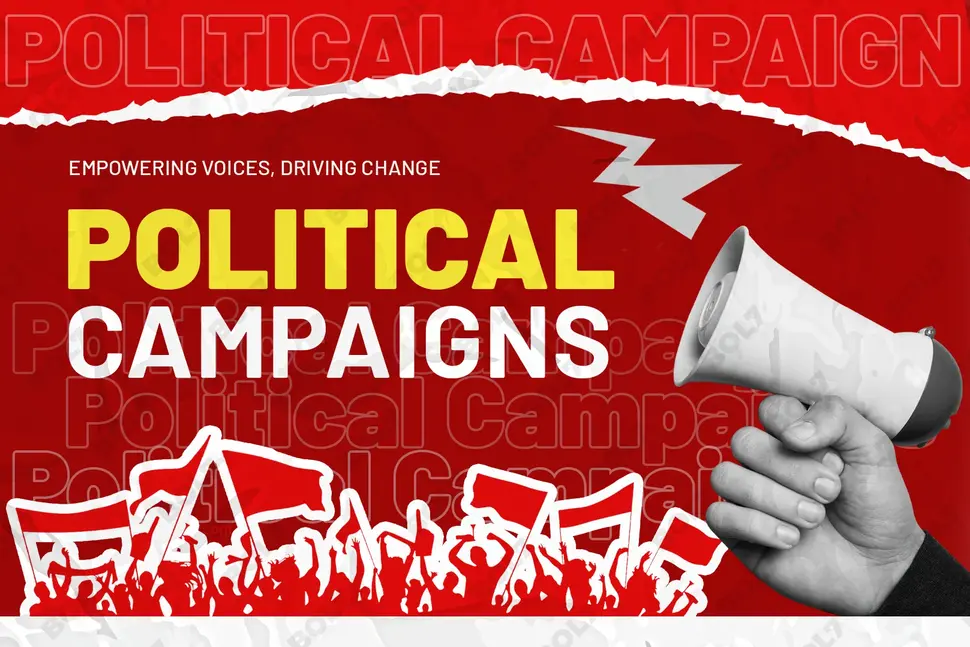
How Smart Political Campaigns Win Elections – Strategy & Digital Engagement
Winning an election is no longer about just public speeches and traditional rallies. The political landscape has evolved, demanding digital innovation, data-driven strategies, and real-time voter outreach. Political campaigns that leverage targeted messaging, grassroots mobilization, and advanced analytics can effectively engage voters and convert support into votes.
This blog explores how to execute a successful political campaign by integrating strategic messaging, digital marketing, and voter mobilization tactics for maximum impact.
Why Political Campaign Strategy Matters
🔹 Targeted Voter Engagement – Personalizing outreach efforts increases trust and voter loyalty.
🔹 Digital & Social Media Influence – Expanding reach through online platforms and viral content.
🔹 Real-Time Data & Analytics – Tracking voter sentiment and adjusting messaging accordingly.
🔹 Campaign Fundraising & Volunteer Management – Efficiently allocating resources for maximum campaign success.
🔹 Driving Election Day Turnout – Mobilizing supporters to increase participation and voter turnout.
Key Benefits of Political Campaign Management
✅ Precision Targeting & Voter Communication
- Use demographic insights and digital tools to refine campaign messaging.
- Deliver personalized emails, SMS, and social media ads to engage voters.
✅ Building a Strong Political Brand & Public Trust
- Host virtual town halls, community meetings, and online Q&A sessions.
- Leverage video storytelling and digital media strategies to enhance credibility.
✅ Optimizing Campaign Strategies with Real-Time Insights
- Monitor polling trends, public sentiment, and digital engagement for quick adjustments.
- Use analytics to refine messaging and optimize voter outreach efforts.
✅ Maximizing Fundraising & Budget Management
- Implement donor engagement, crowdfunding, and sponsorship programs.
- Allocate campaign funds efficiently for advertising, voter engagement, and campaign operations.
✅ Driving Higher Voter Turnout & Participation
- Promote voter registration, absentee voting, and election awareness campaigns.
- Mobilize volunteers for door-to-door canvassing, digital outreach, and phone banking.
Who Benefits from Political Campaign Strategies?
✔️ Political Candidates & Parties – Develop strategic, data-backed election campaigns to secure voter trust.
✔️ Political Action Committees (PACs) – Influence elections with targeted policy advocacy and issue-based campaigns.
✔️ Non-Profit & Advocacy Groups – Mobilize communities for policy and legislative impact.
✔️ Grassroots Movements & Activist Organizations – Organize and scale local and national campaigns for political change.
✔️ Political Consultants & Campaign Managers – Use real-time insights and advanced digital tools to optimize campaigns.
Best Practices for Running a Winning Political Campaign
📝 Develop a Clear, Impactful Message – Ensure messaging is consistent, relevant, and engaging.
📝 Leverage Multi-Platform Digital Outreach – Engage voters through social media, video content, and targeted online advertising.
📝 Track Public Sentiment & Campaign Impact – Use analytics tools to monitor voter reactions and adjust messaging accordingly.
📝 Encourage Voter Awareness & Participation – Run voter education campaigns, registration drives, and mobilization events.
📝 Strengthen Volunteer Networks & Community Support – Empower campaign teams to expand outreach and engage with key voter segments.
Final Thoughts
A winning political campaign is not just about policies—it’s about strategy, outreach, and engagement. By utilizing data analytics, digital marketing, and grassroots mobilization, political candidates and organizations can maximize voter connections, optimize messaging, and increase election participation.
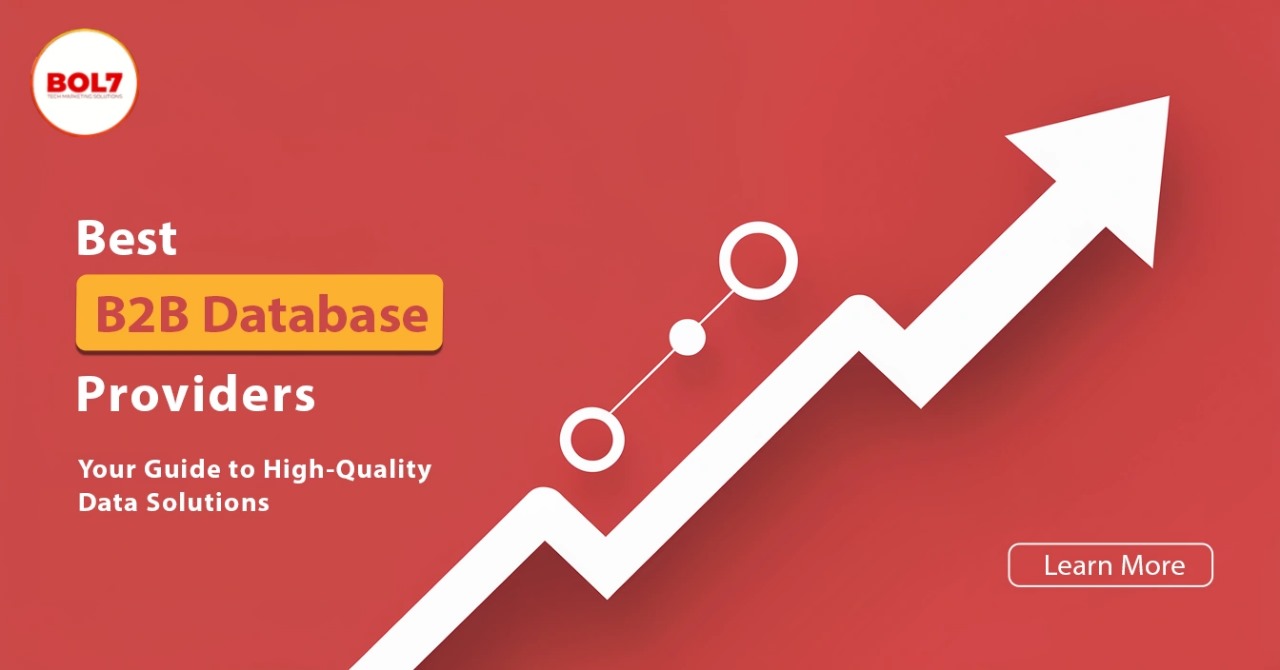


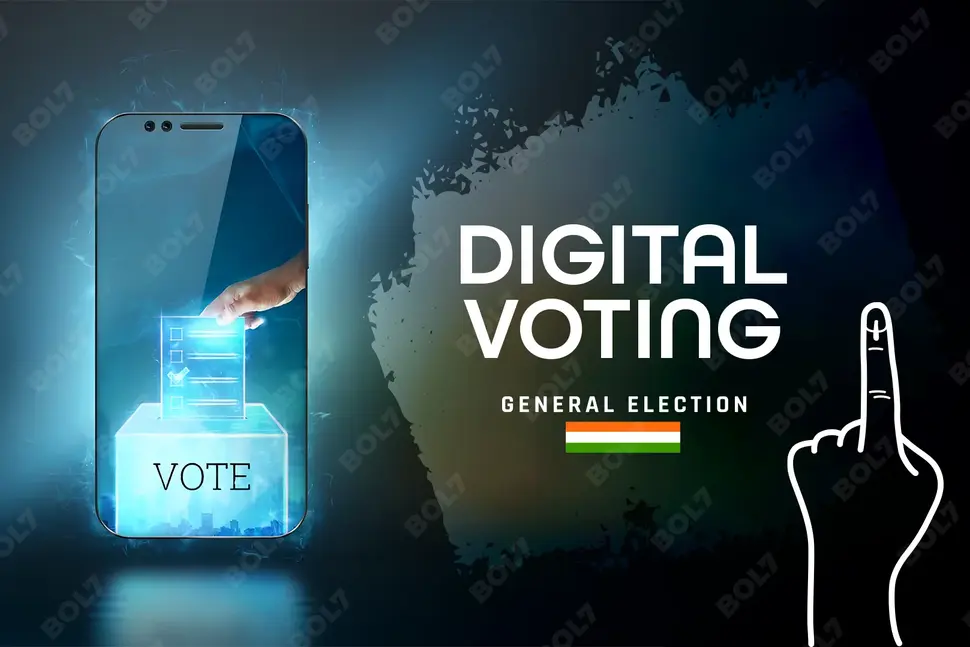
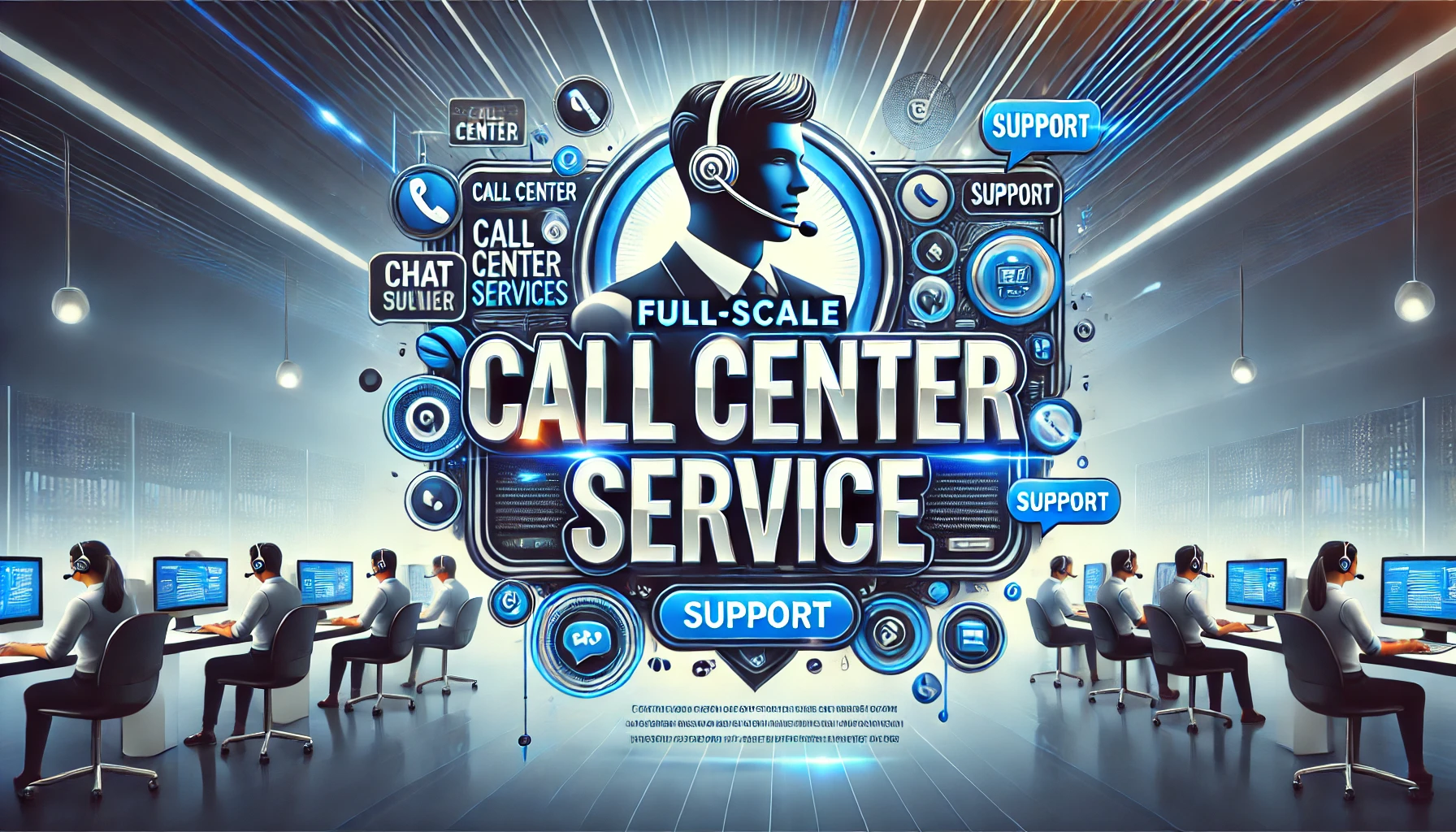
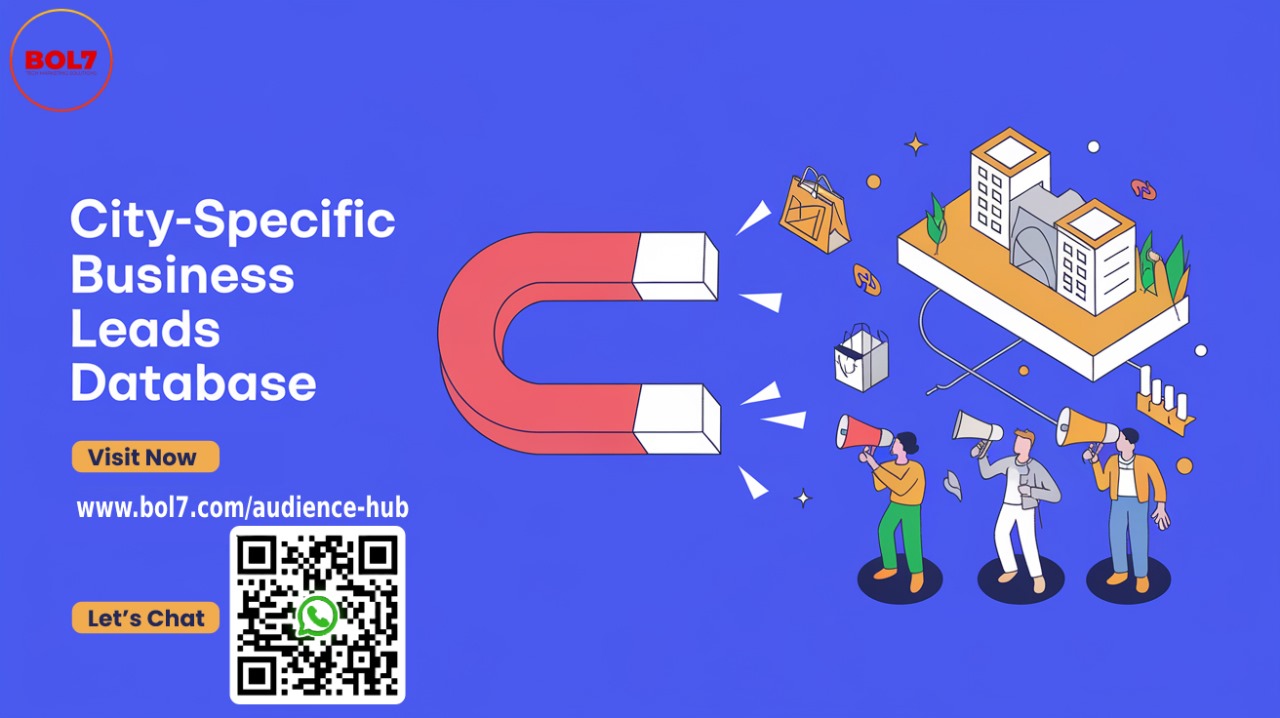
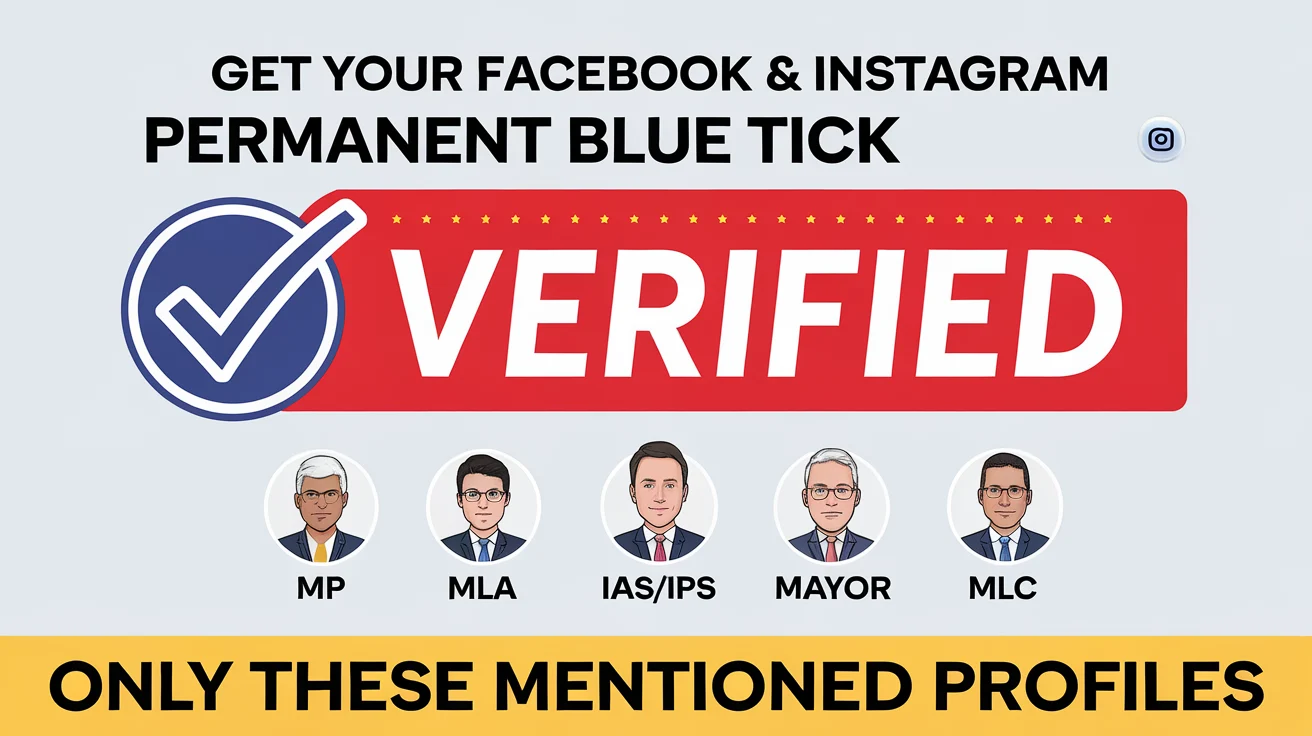


0 Comments